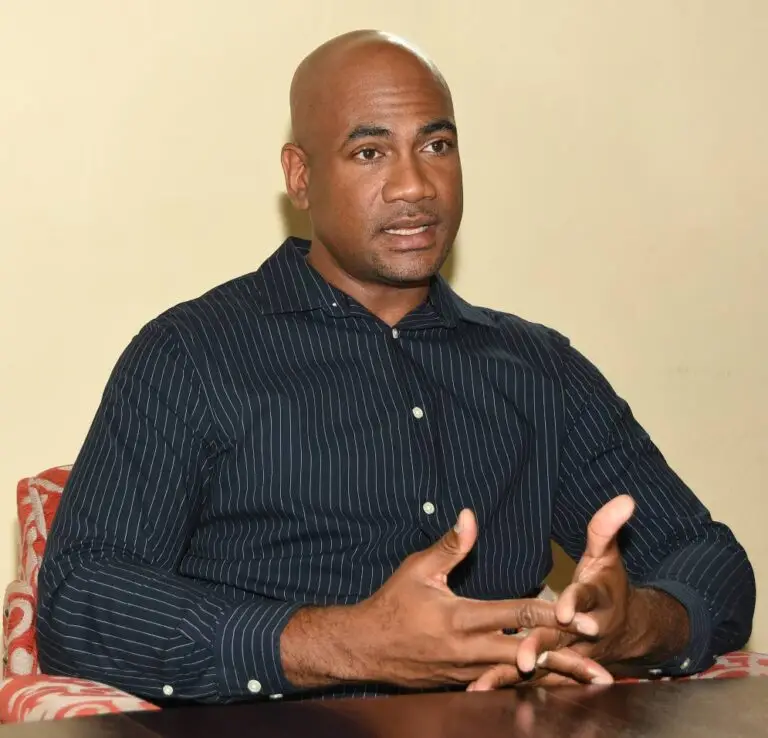KINGSTON, Jamaica — In a country battling high rates of violence, economic pressure, and natural calamities, a quieter, deadlier crisis continues to swell beneath the surface—mental health.
Amid a backdrop of growing public discourse and rising suicides, national leaders are being called to confront a harsh truth: Jamaica’s mental health infrastructure is woefully inadequate. The nation’s conversation around wellness has long excluded the mind, and that omission is costing lives.
What’s striking isn’t merely the scale of the problem—but how little is being done to meet it. Clinics remain understaffed, budgets thin, and culturally, mental illness is still wrapped in stigma. While society speaks of resilience, many are privately imploding under the weight of depression, anxiety, substance abuse, and trauma-induced disorders.
From the rural hills of St. Mary to the urban heart of Spanish Town, people are breaking—but quietly. Mothers suppress grief, men drown in silence, teens spiral unnoticed, and those who do reach out are often met with indifference or shame. The price of neglect isn’t just personal; it’s national. When the mind is ignored, productivity, education, and social cohesion erode alongside it.
But mental health is not simply a health issue—it is a development issue. A people under psychological siege cannot innovate, build, or even dream properly. The state of the national psyche is directly tied to economic growth and social stability.
This year’s global focus on mental health in emergencies is especially poignant for Jamaica. We’ve endured a pandemic, economic tremors, gang-fueled chaos, and the aftermath of natural disasters—all of which leave invisible scars. Yet, mental health remains largely relegated to the margins of policy.
The call now is not just for reform—but for revolution. Mental health must be embedded into our primary healthcare system, funded as a frontline priority, and supported by national campaigns that demystify and destigmatize therapy, support networks, and emotional literacy. Schools must teach it. Workplaces must accommodate it. Parliament must fund it.
And perhaps most importantly, citizens must champion it—not as weakness but as a right. The courage to speak up, to check in on a friend, to advocate for change, is how we build a society where no one is abandoned in their battle for peace of mind.
Mental health isn’t a side issue. It’s the ground zero of national transformation.






